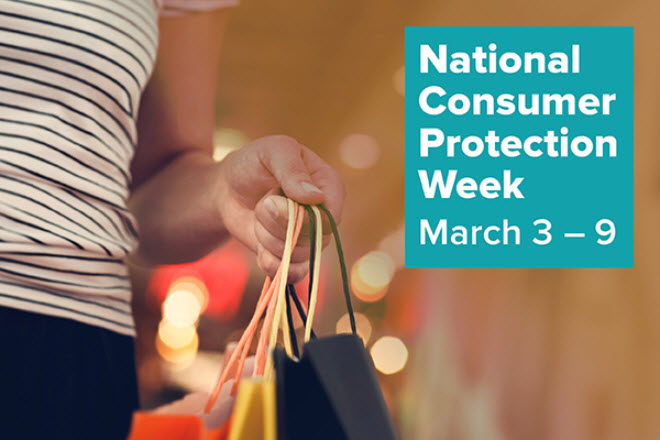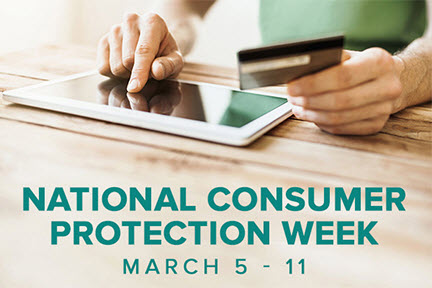Consumer Alert

Federal Reserve Consumer Help has gathered COVID-19 Information and Resources to give consumers reliable information and responses to frequently asked questions that will help them understand and navigate the financial system and their personal finances during the Coronavirus pandemic. Federal Reserve Consumer Help staff also stands ready to help consumers that contact us with complaints regarding financial institutions.
The IRS launched a Get My Payment tool on the IRS website. Use this tool to check the status of your payment, including the date it is scheduled to be deposited into your bank account or mailed to you.
On
March 17, 2020 Federal Reserve Consumer Help temporarily began processing only complaints
received electronically. To ensure your complaint is handled timely, please
submit it using our online consumer complaint form (here).
If you need assistance completing the online form, please contact Federal
Reserve Consumer Help Center at 1-888-851-1920. (If you submitted a complaint
in writing before March 20, 2020 and have not received a response by March 25,
2020, please contact us regarding the complaint status and to discuss filing
alternatives.)

National Consumer Protection Week is March 3-9! Visit our Learn More section for consumer protection tips and materials! Additional resources are also available at consumer.ftc.gov.

National Consumer Protection Week is March 4-10! Visit our Learn More section for consumer protection tips and materials! Additional resources are available at consumer.ftc.gov.
Beware of communications, including telephone calls and on social media, stating affiliation with the Federal Reserve. Most recently, a social media video tells consumers they have funds that may be accessed by using a Federal Reserve routing number to pay their debts.
Beware of a scam using Green Dot MoneyPak cards to get unsuspecting victims to pay to secure nonexistent government grants. (12/11/13)
Fraudulent e-mails are being directed to consumers from the addresses no-reply@federalreserve.gov and fedwire@federalreserve.gov. (8/30/13)
Wells Fargo is compensating customers who were affected or harmed by its sales practices. Learn more in the Sep 8, 2016 and Nov 28, 2016 resources available on the Consumer Financial Protection Bureau's website.
With the Equifax breach, the sensitive personal data of over 43 million consumers was stolen. Learn more about the breach, your rights, and what you can do to protect yourself on the Consumer Financial Protection Bureau's Equifax data breach updates site.

Federal Reserve Consumer Help (FRCH) is promoting consumer education during National Consumer Protection Week, March 5 – 11. Visit consumer.ftc.gov or FRCH’s Identify Theft/Frauds and Scams page to learn about your rights and avoid scams.
The Federal Reserve Consumer Help voice messaging system may be unavailable from 6:00 AM to 10:00 AM ET on Sunday, March 8. If you are unable to leave a message during this time, please call back after 10:00 AM ET.
The Federal Reserve Consumer Help voice messaging system may be unavailable from 6:00 AM to 1:00 PM CT on Sunday, May 25. If you are unable to leave a message during this time, please call back after 1:00 PM CT.
What You Need to Know: Independent Foreclosure Review
Recent update regarding the Independent Foreclosure Review Payment Agreement.
Avoid mortgage loan modification scams related to the Home Affordable Modification Program. (12/5/11)
Beware of companies that try to charge you a fee to recover money you lost through a scam! (10/21/11)








